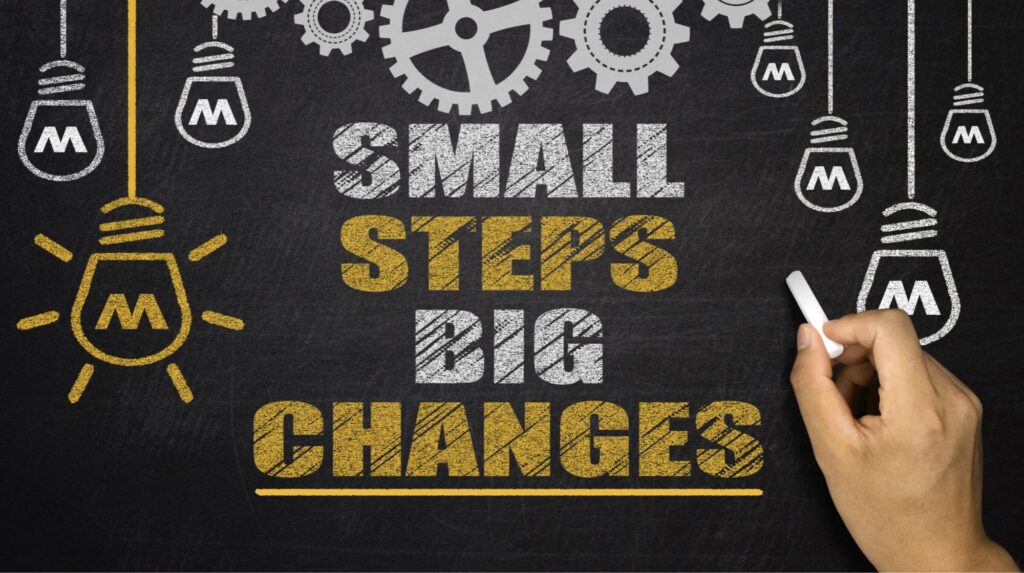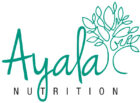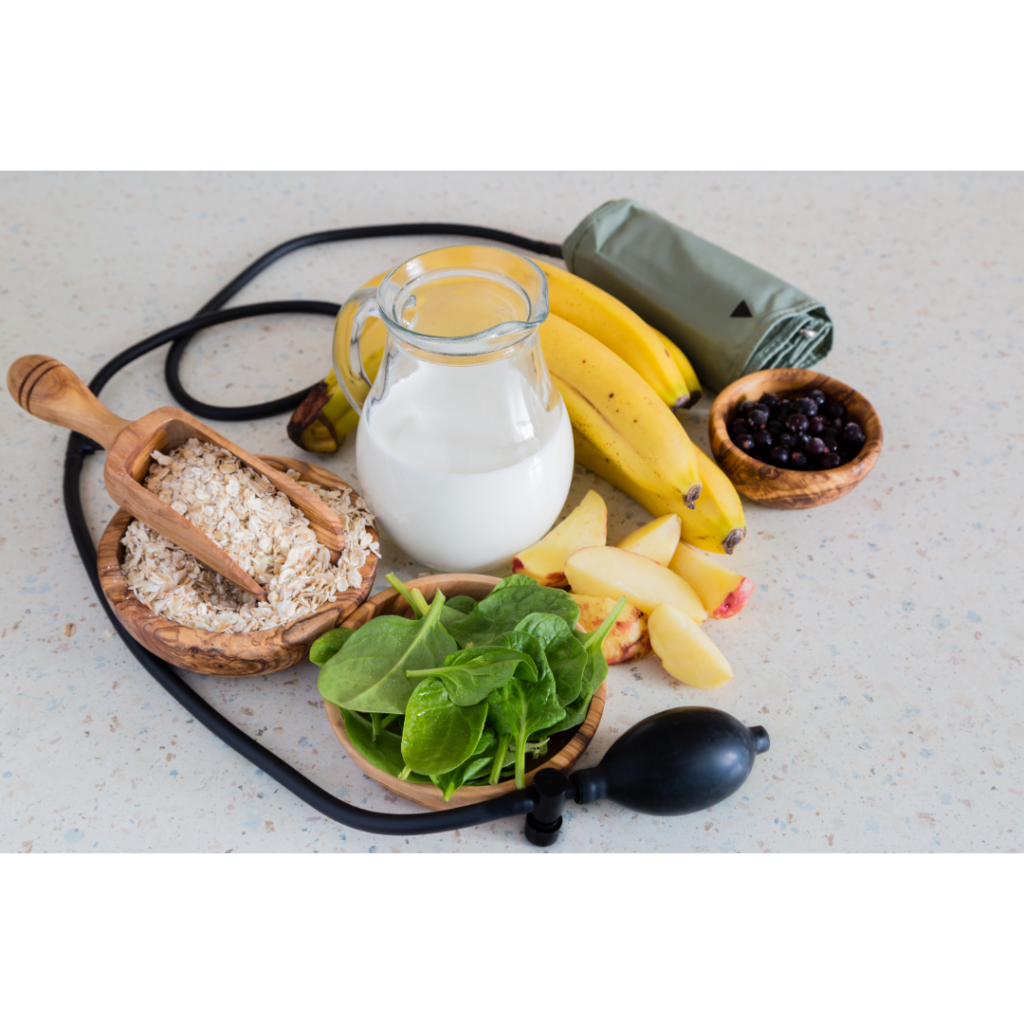What is hypertension?
Let’s start at the beginning. Blood pressure is the force of the blood against our artery walls. High blood pressure means this pressure is frequently too high which means your heart is having to word very hard to pump blood throughout your body. Why is this not great? Hypertension can cause damage to your blood vessels and organs increasing your risk of complications such as heart attack, kidney problems and more.
How is hypertension diagnosed?
Hypertension is diagnosed by a medical professional testing your blood pressure. Here is a chart to show the different stages of hypertension based on the blood pressure reading.
| Systolic mmHg (top number) | Diastolic mmHg (bottom number) | |
| Normal | <120 | <80 |
| Elevated | 120-129 | <80 |
| Stage 1 Hypertension | 130-139 | 80-89 |
| Stage 2 Hypertension | >140 | >90 |
| Hypertensive Crisis | >180 | >120 |
Nutrition and Hypertension
I believe one of the first things people think about food-wise when they hear high blood pressure is salt. And this is a great place to start. But whether you’re trying to prevent high blood pressure later or want to work on lowering your blood pressure, there are a few things you will likely be looking at when it comes to your diet.
The American Heart Association recommends the DASH eating plan (or dietary approaches to stop hypertension) to help combat high blood pressure. This eating plan focuses on eating a diet rich in:
- Fruits
- Vegetables
- Whole grains
- Lean meats
- Nuts/legumes and
- Low-fat dairy products.
This eating plan also focuses on limiting sodium (salt), alcohol, saturated and trans fats, fatty meats and items high in sugar.
Does all of that leave you wondering where to start or what this might look like in a normal day? That’s where a registered dietitian can help. Sessions can focus on the ins and outs of this balanced diet as well as developing meal ideas that will fit your family’s lifestyle. You might be able to get helpful ideas for meal recipes or even tips for grocery shopping. Label reading is another topic that can be helpful for someone trying to lower their blood pressure.

Keep in mind that most of the time, drastic nutritional changes are not necessary (unless directed by your doctor). Gradual changes that build on each other are often the key to sustainable improvements that can help lower your blood pressure. What do I mean by this? What if you made one change this week. And then next week, while maintaining that first change, you made another and so on. This type of approach will 1) help you work on lowering your blood pressure while 2) be gradual enough that hopefully you won’t want to give up or quit because it feels too difficult.
References
Here are two pages from the Mayo Clinic and the American Heart Association that give a great overview of hypertension.

